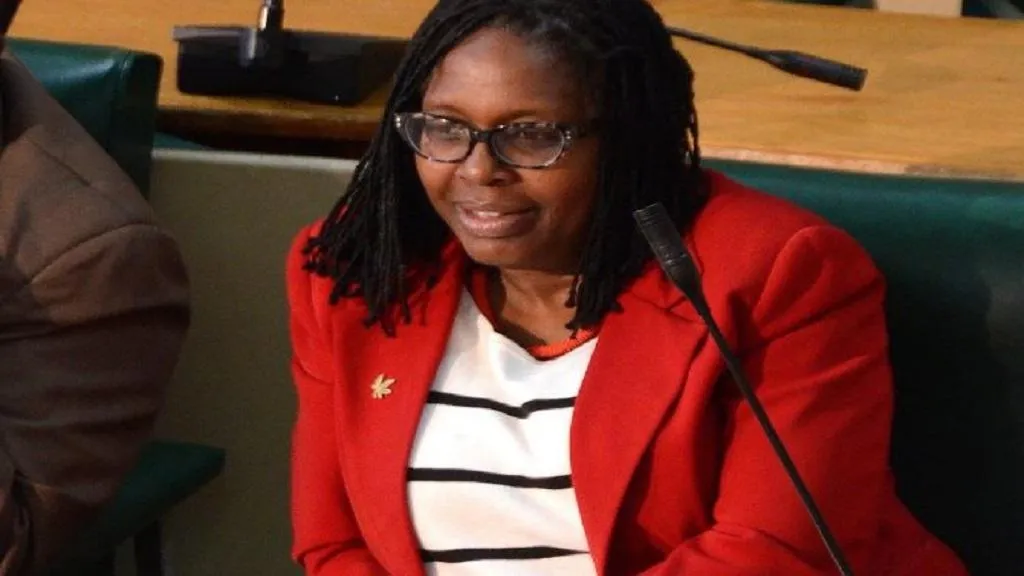Make Connections That MATTER
CBC is a full service organization that provides small business owners with the necessary expertise to run their businesses more efficiently, effectively and profitably.
Business is Built on Relationships
Our tailored business services are provided by a network of experienced business professionals who are part of CBC Preferred Service Providers.
This allows you to access the right solutions that are guaranteed to eliminate your business pains, and accelerate your progress to the next level.
We help you conquer the day to day business challenges and develop the course of action required to achieve your long-term goals.

About CBC
Caribbean Business Connections (CBC) is the region's leading business networking platform, established to foster collaboration and growth among Caribbean enterprises. We provide essential tools and connections to help businesses thrive in our unique market.
500+
Registered Businesses
200+
Successful Partnerships
15+
Caribbean Countries
85%
Growth Rate
501C3
Non-profit organization

Make Connections That MATTER
CBC is a full-service organization that provides small business owners with the necessary expertise to run their businesses more efficiently, effectively and profitably through our strategic connections and resources.
Built on Relationships
Our tailored business services are provided by a network of experienced business professionals who are part of CBC Preferred Service Providers.
This allows you to access the right solutions that are professionally aligned to support your business target goals, designed to accelerate your business to the next level.
CBC Business Networking Events
CBC hosts several in-person Signature Events each year:
CBC Women of Power Event – March
CBC Caribbean American Heritage Month Celebration – June
CBC Holiday Give Back – December
The dates and locations will be announced on this page.
CBC June 2025 Event
Join CBC’s Business Networking event on Wednesday, June 25th.
Date: Wednesday, June 25th
Time: 5PM – 8PM
Topic: A Celebration of Caribbean American Culture
Presenters: Bruce A. Blakeman, Nassau County Executive, and Nassau County Office of Minority Affairs, & Team Jamaica Bickle
CBC Sponsors & Strategic Partners

Sands
New York

Team Jamaica Bickle

UJAA’s High School Graduate Award Program

JKL Productions

Queens Chamber of Commerce

Tully Law Group Elder Care & Estate Planning

HomeSmart Cross Island Realtors
Our Services
Business Directory
Access our comprehensive directory of Caribbean businesses across various industries.
Verified business listings
Detailed company profiles
Industry categorization
Networking Events
Join exclusive networking events and connect with business leaders in the Caribbean.
Monthly business mixers
Industry-specific conferences
Virtual networking sessions
Market Insights
Get valuable insights and market research about Caribbean business opportunities.
Market research reports
Industry trend analysis
Economic indicators
Welcome to CBC!
You’re about to join the first 21st Century Business Networking Platform that complements your business growth leveraging the established CBC network, strategic partners and resources.
We provide am unmatched Caribbean vibe to business networking through three components:
An Education/Networking Forum to meet a diverse market of new professional contacts virtually or face to face who could become your next client or business resource.
Tailored Business Services that will put you on the path to your success, improve your business efficiency and increase your profitability.
Robust Referral System, which will be your center of influence, promoting you and your business to build professional alliances with just a few clicks & ticks, allowing you to create profitable business relationships!
Membership Benefits
CBC Paid Membership - Monthly
$10.00/month
Exclusive Networking Events
Member Directory
Industry-Specific Groups
Business Training Workshops
Recognition and Awards
Cultural and Heritage Events
CBC Paid Membership - Annual
$100.00/year
Exclusive Networking Events
Member Directory
Industry-Specific Groups
Business Training Workshops
Recognition and Awards
Cultural and Heritage Events
Our Committees
The Caribbean Business Council operates through specialized committees that drive our mission forward and support our members in achieving their business goals.
Brand Awareness
Goal
Help CBC and its members promote their businesses by empowering Caribbean entrepreneurs and professionals to thrive in global markets.
Chair
Hanif Russell
Membership
Goal
Grow, support and retain CBC's members by defining, enhancing and delivering a superior membership experience for all members.
Chair
Ray Thomas
Education
Goal
Position CBC as a Thought Leader and as the premier source for business growth and career empowerment.
Co-Chair
Nataki Appolon
Kyle Griffith
Collaboration and Partnership
Goal
Enhance CBC's mission and effectiveness through collaboration and partnership building.
Chair
Sandra McCarty
Business News of the Caribbean World
Your central location for up to date news of every Caribbean island nation.

Virgin Atlantic appoints new Country Manager for the Caribbean – Loop News Barbados

Extreme Embalming comes to T&T as Dennie’s shakes up the industry – Loop News Trinidad and Tobago



Facebook
Instagram
X
LinkedIn